Towns are a new addition to Civilization 7 that replace cities, at least initially. Towns are constructed with Settlers, which is different from the Founder unit that you start the game with. Towns don’t have a production queue and can only be upgraded with Gold, which you use to purchase districts and expand your settlements.

Related
Civilization 7: Guide To Independent Powers
Independent Powers are Civilization 7’s city-states. Here’s everything you need to know about how they work.
You can upgrade a town to a city by spending more Gold, which will open the production queue for the settlement – this will allow you to utilize the hammers in the settlement to produce buildings like wonders and unique quarters. Some buildings, districts, and all wonders can’t be built in towns.
Town Management
Towns essentially replace cities in Civilization 7. You have a soft limit on how many settlements you can construct according to your Settlement Limit. Any towns you settle over this limit will decrease your happiness by -5, stacking up on top of each other.
As a result, you want to be selective with where you place your towns. Unlike previous Civilization games, there’s no need to settle on Luxury resources or seek out resources for amenities, because these features work differently in Civilization 7.
Instead, you’ll want to base your town settlement on a few crucial things – like access to powerful early game resources, like Camels, Gold, Silver, and Cotton – as well as on a Fresh Water tile for extra happiness.
You can access the Settler lens using the small telescope above the mini-map. The Settler lens provides information on the best places to settle towns, and while this system is hardly infallible – as you learn the game you’ll likely make decisions based on your own experience – the recommended spots are a good place to start.
Any light blue tiles are where your city will have access to Fresh Water. Fresh Water isn’t explained at all in the game, but it basically provides an extra happiness on your City Hall tile when you settle a new town.
Upgrading Towns
Once you’ve settled a town, you’ve got a few options on what to do next – and this is largely situational, depending on what you want from the settlement.
You can use Gold to purchase districts in a town, such as the Saw Pit, Granary, Altar, and so on. You are restricted, because you can’t purchase Culture buildings, wonders, and other city-specific buildings.
Each time you upgrade a town, you’ll reduce the cost of upgrading it to a city. Your first town will be the cheapest one to upgrade to a city, and after that, the cost increases exponentially per town.
That being said, you don’t have to upgrade a town to a city. Sometimes it makes more sense to keep the town but choose one of the specialization options instead.
Town Specialization, Every Town Type In Civilization 7 Explained
Towns essentially feed nearby cities with food. Any town without a specialization sends all its food to nearby cities. You can then choose what sort of specialization you want the town to have to further customise your town’s output.
Growing Town
By default, all towns are set to Growing Town by default. Growing Towns receive 50 percent overall growth. Often it makes sense to keep towns on Growing Town for a while, as changing their specialization can severely reduce the growth of towns, which means they’ll grow to good resources much slower. All production from the town is turned into gold for your empire.
However, as the game progresses, you’ll get a whole host of new options.
You can only choose one Town specialization per Age. You can swap between Growing Town or your chosen Town specialization, but you can’t further customise this once you’ve made your decision.
Town specializations become available when a town reaches 7 population.
Fort Town
The Fort Town is a straightforward town specialization that will make your settlement harder to attack, with +5 healing for units within the town’s borders and +25 health on walls in the town. If you suspect you’re about to be attacked by an enemy player, a Fort Town can be a quick and easy change to shore up defenses.
- All production is converted to gold. All food is sent to nearby cities.
Urban Center
Urban Center is great for a town that has a lot of Quarters in. A Quarter is when you place two district buildings on the same tile. For example, an Altar and a Granary would form a Quarter. Urban Center provides +1 Culture and +1 Science on Quarters in towns.
This one is a bit unusual as it’s usually a good idea to just upgrade any really developed town into a city. However, in some cases, this might not be the best option – for example, you’re playing as Augustus who gets a benefit from towns, recently captured an enemy settlement that has been downgraded to a town, or you don’t have enough gold after an age transition to upgrade your towns
Farming Town
The Farming Town is likely the town specialization that you’ll choose the most, as food is king in Civilization 7. Improving the food yields of your town will increase the food output to nearby cities. You get +2 Food on Farms, Pastures, Plantations and Fishing Boats. Any city that has multiple farm units or pasture resources is a good choice for a Farming Town, especially good around navigable and regular river tiles.
In towns located on the coast, Farming Towns turn into Fishing Towns. The bonuses are the same, the name just changes if there are multiple fishing boats in the border limit of the town.
Mining Town
Mining Towns are similar to Farming Towns except for production tiles. As production turns into gold, this can be a good way of turning a town with lots of mining tiles, camps, woodcutters, and clay pits into a gold powerhouse. You receive +2 Production on Camps, Woodcutters, Clay Pits, Mines, and Quarries.
Trade Outpost (Antiquity Age)
The Trade Outpost is a trade-focused Town specialization available in the Antiquity Era. It provides a base +2 Happiness for any Resource tiles in the town region and a bonus +5 Trade Route range. This can be really handy for establishing trade routes with settlements that are just a little bit out of range. The extra happiness is also useful if you’re suffering during the end-of-age crises.
Religious Site (Exploration Age)
The Religious Site Town specialization is unlocked in the Exploration Age. This is actually very useful, but usually in the specific circumstances that you’re attempting a cultural victory via collecting religious relics. Temples usually provide only one slot for relics, and considering you need 12 total relics displayed to win the age, you might need to upgrade one or two of your towns to a religious site to make room.
You receive +2 Happiness and +1 Relic slot on the Temple in this town.
Hub Town (Exploration Age)
The Hub Town is another Exploration Age Town specialization that is geared towards Influence and Diplomacy. Influence is one of the hardest currencies to come across in the early game (although this does improve over the course of the game depending on the wonders you’ve built and the civilizations you’ve chosen), so getting a flat +2 Influence per settlement connected to this town is massive. This counts both friendly settlements and settlements from other civilizations that are connected to the town.
You can use the Merchant’s “Build Road” ability to connect towns. Friendly towns are automatically connected to other nearby settlements via road, and later in the Modern Age, rail.
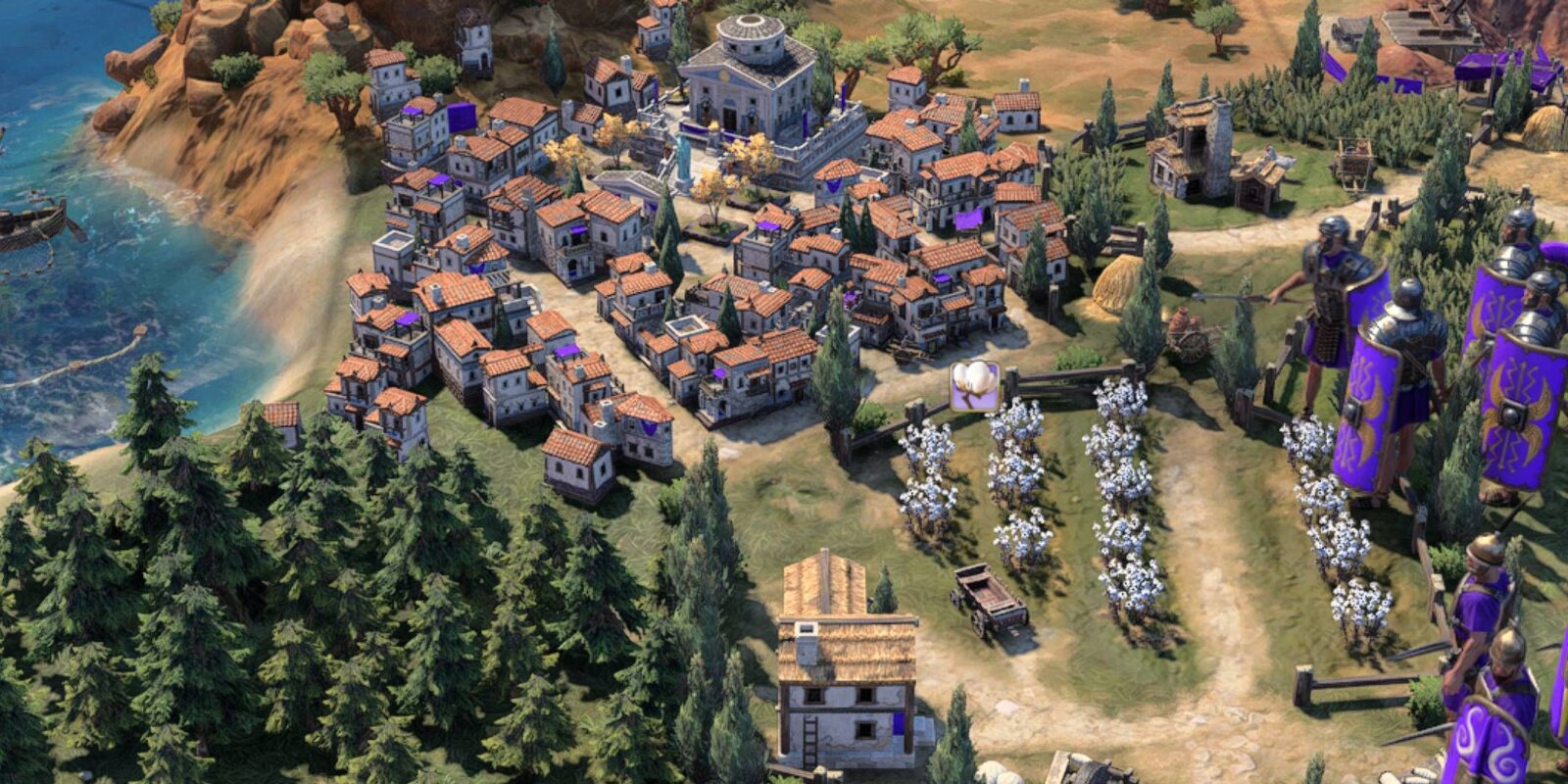

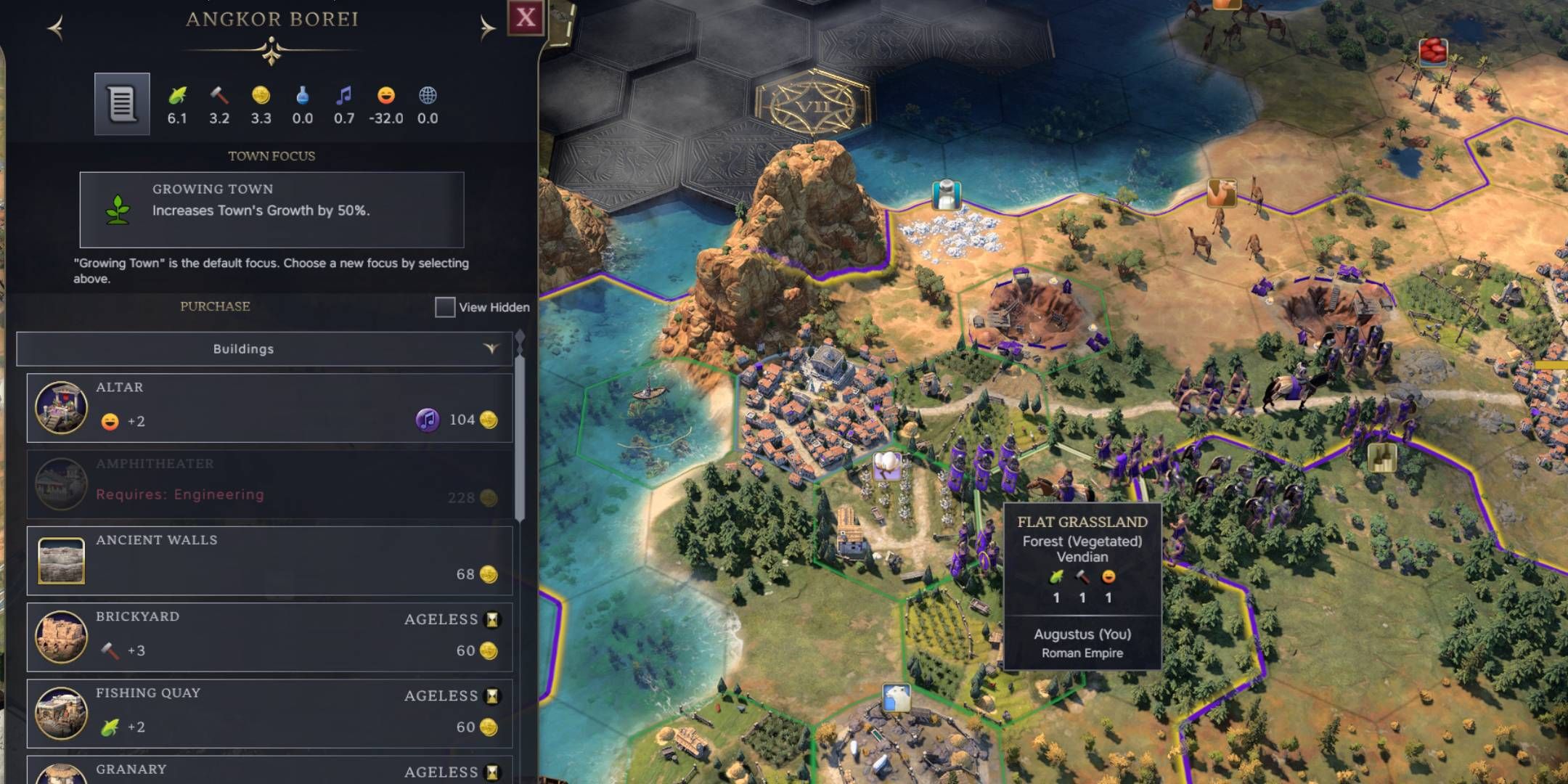
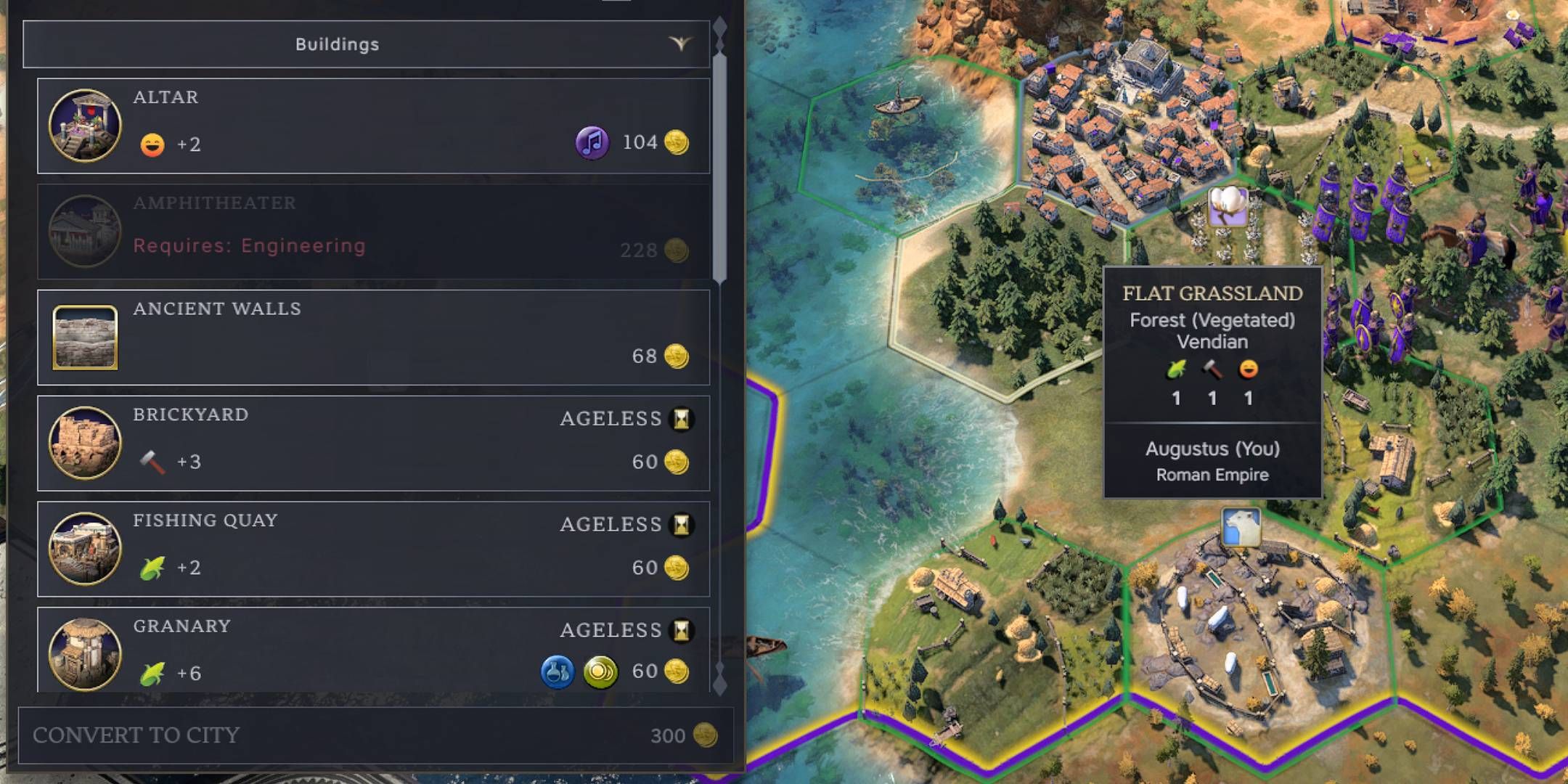
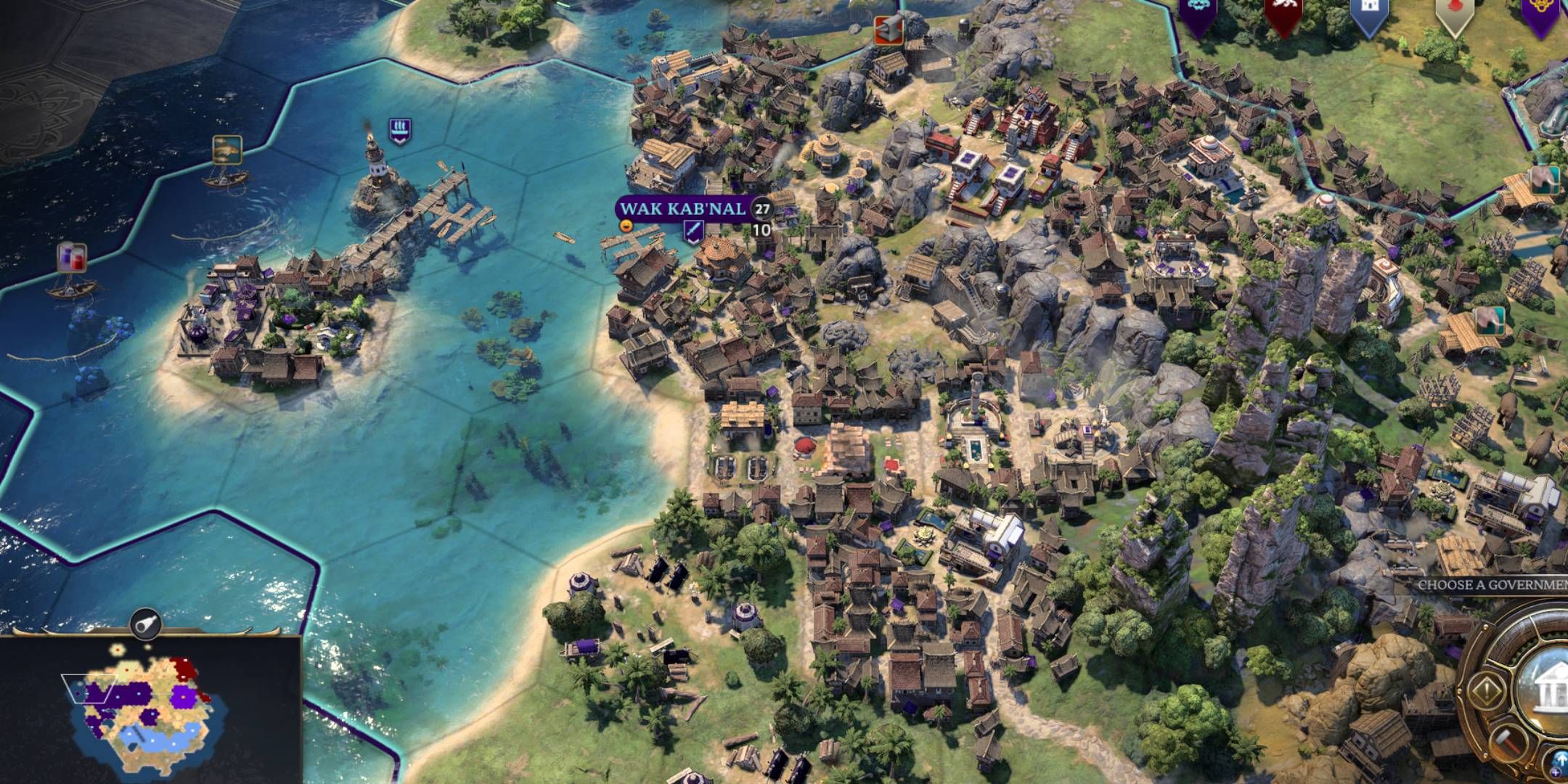

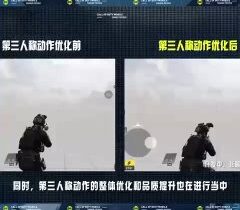







Leave a Reply